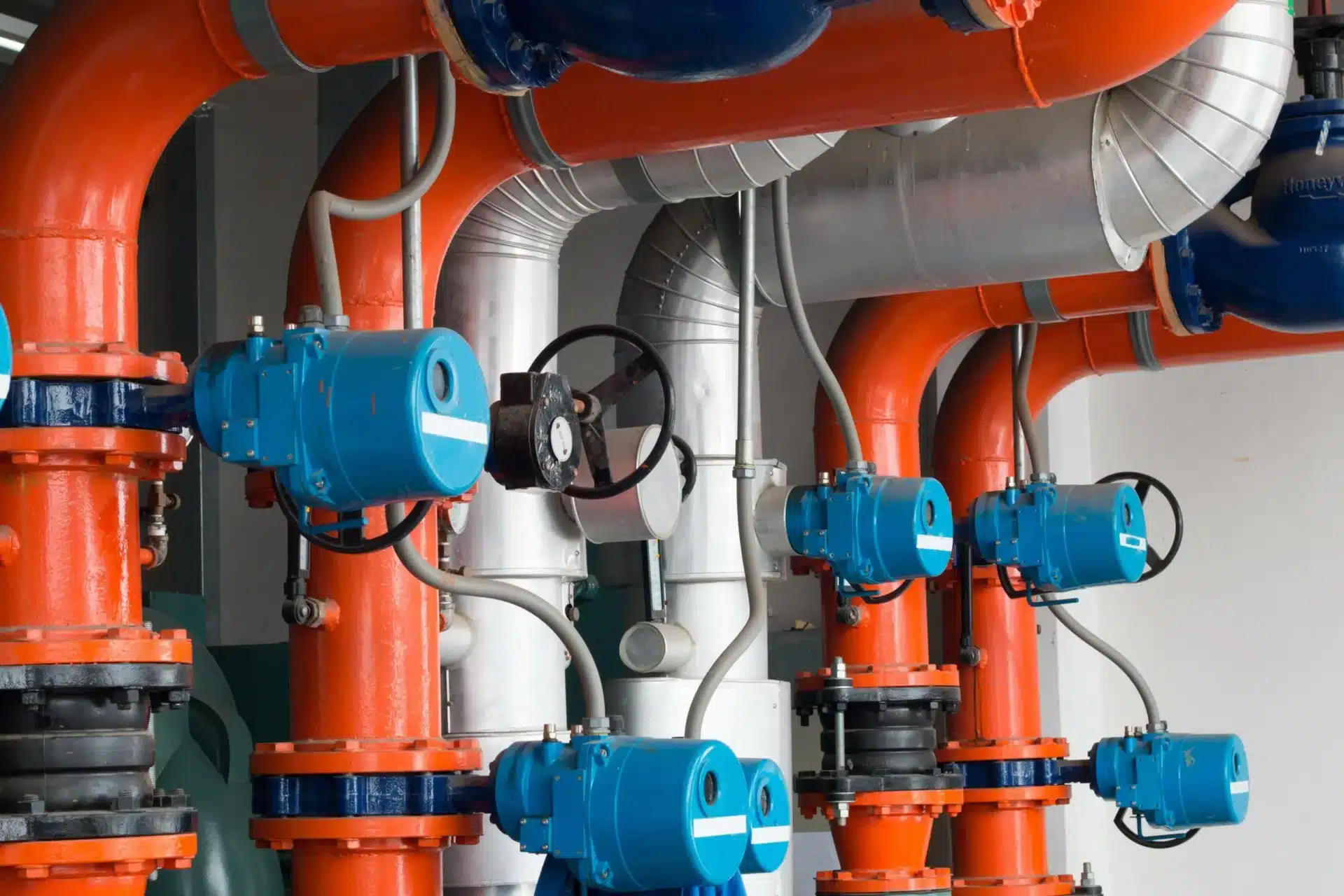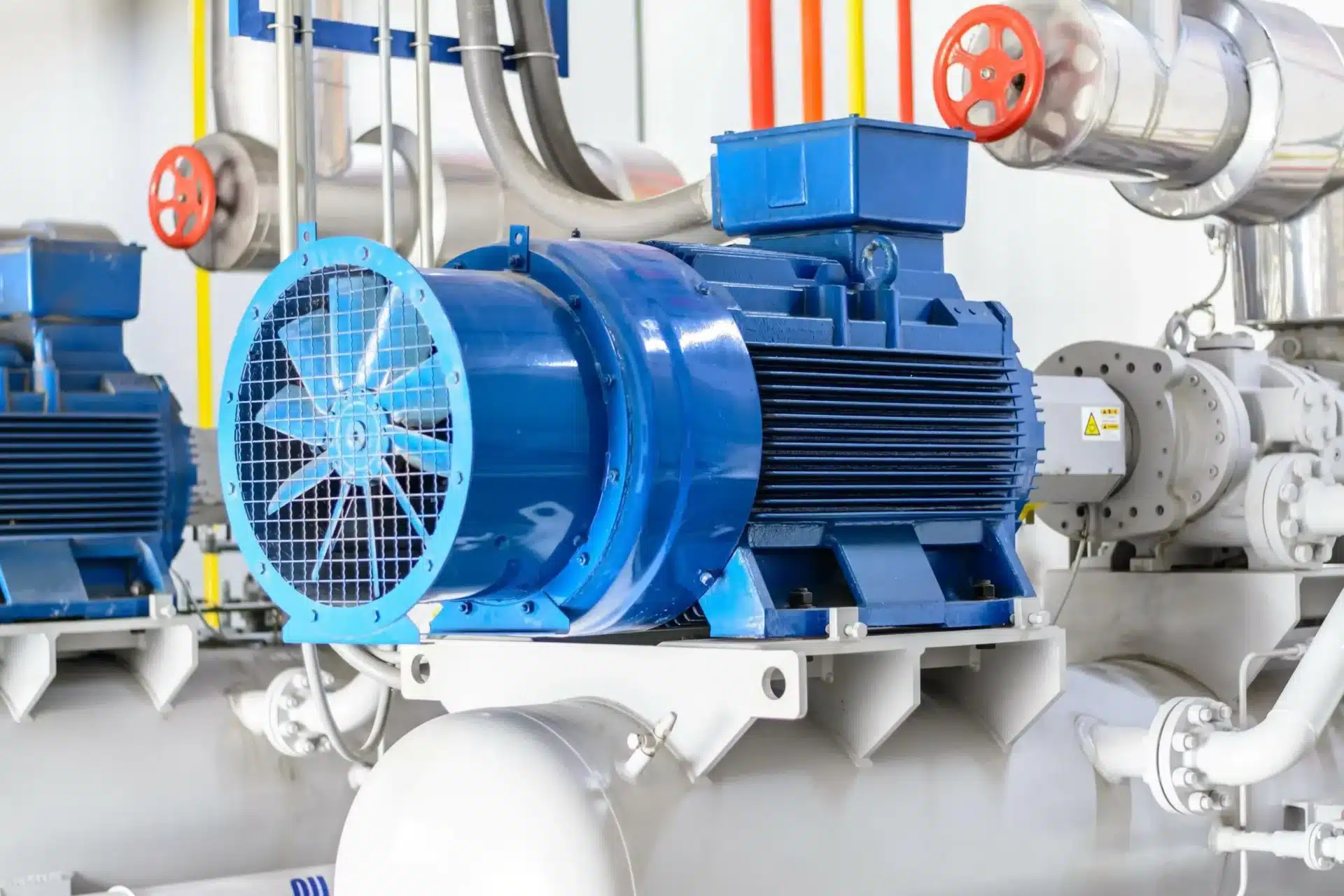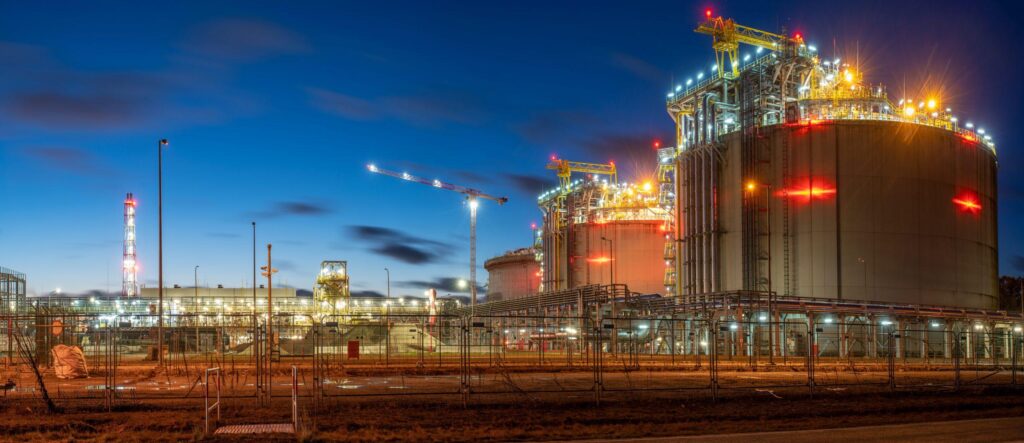Ready to experience the difference?
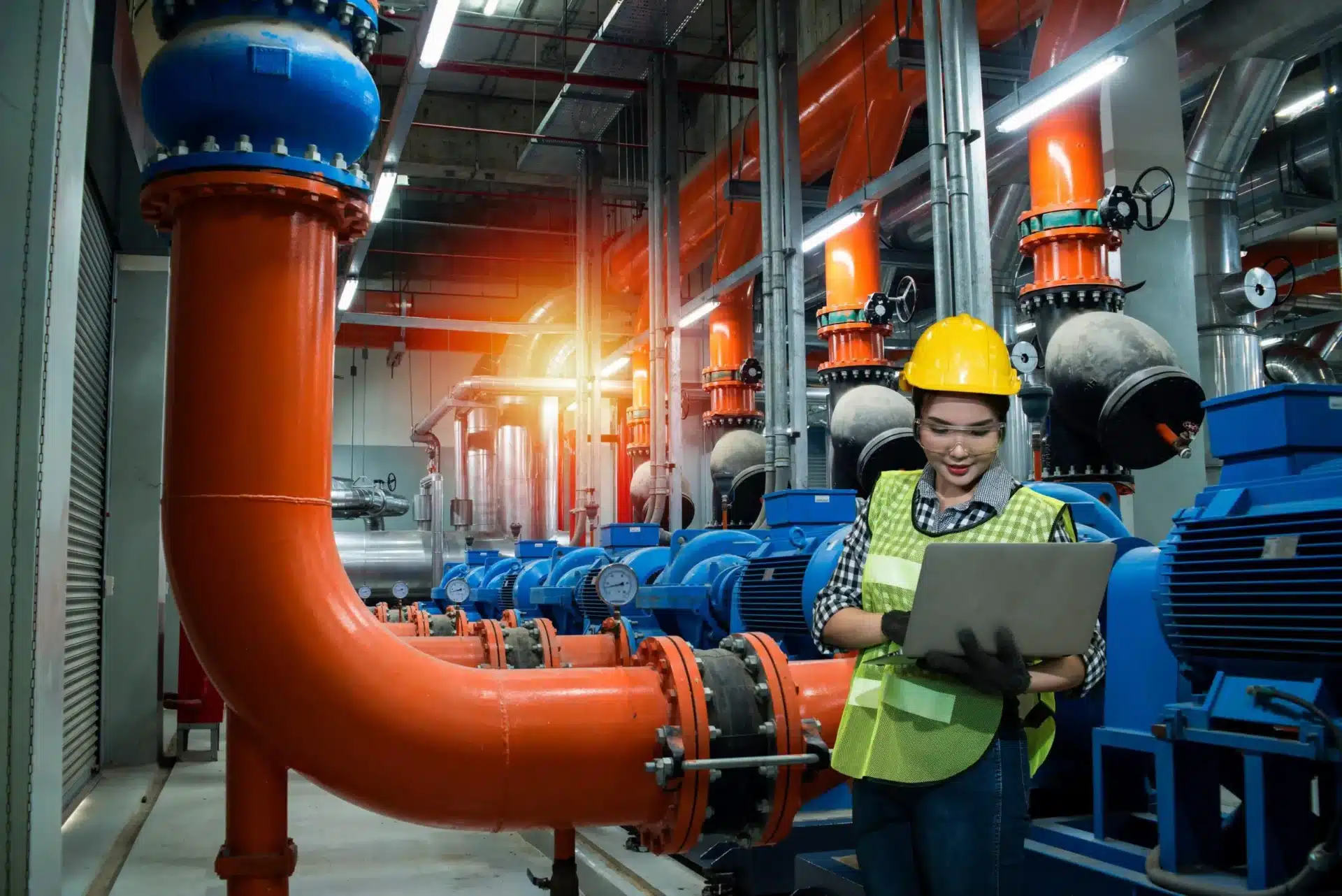
Refrigerants for Industrial Applications
-
How pure is your refrigerant?
A refrigerant’s purity directly impacts plant operations. Most refrigerants include contaminants that can slow down or even shut down a plant. However, high-purity refrigerants optimize plant and business performance.
High-purity refrigerants:
- Improve production rates and uptime
- Reduce power consumption
- Reduce environmental footprints
Our hydrocarbons are the world’s purest and include:
- R290 (Propane)
- R600a (Isobutane)
- R600 (n-Butane)
- R601a (Isopentane)
- R1270 (Propylene)
- Blends
-
Why Does Purity Matter?
Contaminants Negatively Impact Safety, Productivity, Efficiency
Refrigerant contaminants can lead to gas leaks, equipment failure, and wasteful power consumption.
Contaminant Impact Water - Causes piping corrosion and possible lube oil breakdown in compressors.
- Freezes and expands, causing pipes to rupture.
- Generates ice shards that pass through the system, damaging pumps and seals.
Mercury - Causes metal to be brittle by forming aluminum amalgam, leading to stress fractures.
Ethane
(High-pressure gas)- Increases horsepower by placing unnecessary demand on the compressor drive and discharge coolers.
- Limits natural gas flow rate to offset the additional load.
- Causes a high-pressure trip at the HHP stage.
Butanes and Heavier - Requires higher refrigerant circulation to meet the targeted cooling temperature.
CO2 - Causes corrosion and freeze-ups in the presence of moisture.
Other impurities
(neopentane, etc.)- Causes freeze-ups in the Mixed Refrigerants (MR) loop
-
Purity & the Environment
Hydrocarbons are among the most sustainable refrigerants, they are:
- Zero ODP
- Low GWP
- Non-toxic
-
Purity from Production to Delivery
Our high-purity refrigerants are produced at and distributed from Diversified CPC plants throughout the United States. They are transported via dedicated fleets that are designed and operated to maintain product purity levels. We offer:
- A Certificate of Analysis with every product shipment
- Exceptional on-time delivery through a dedicated fleet
- Bulk and cylinder options
The Diversified Difference
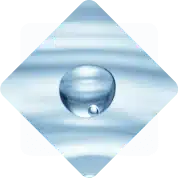
High Purity
Our high-purity hydrocarbon refrigerants are engineered to optimize your operational efficiency.

Sustainable
Hydrocarbon refrigerants are a sustainable solution. They have zero ODP, a low GWP, and are non-toxic.
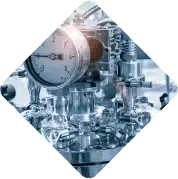
Qualified
We manufacturer UL-Classified refrigerants. Our hydrocarbon refrigerants also meet or exceed AHRI Standard 700.
Related Solutions
Our high-purity products are
leveraged across an array of
industries.
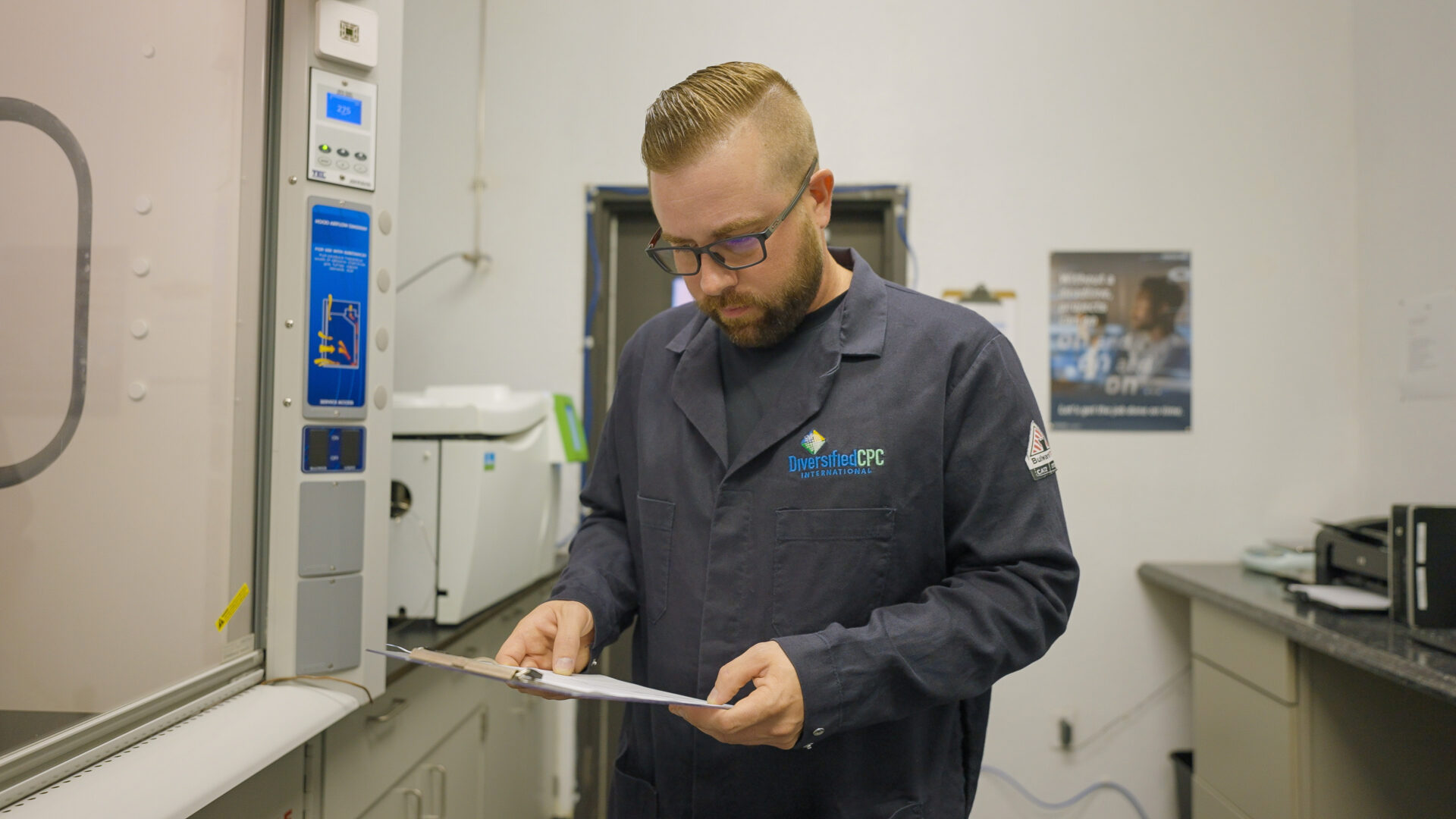
We Are Passionate About Results
Customers rave about our service and leading brands trust us to provide high- purity solutions for their products. We have been exceeding customer expectations since 1964 and we’ve only just begun.
